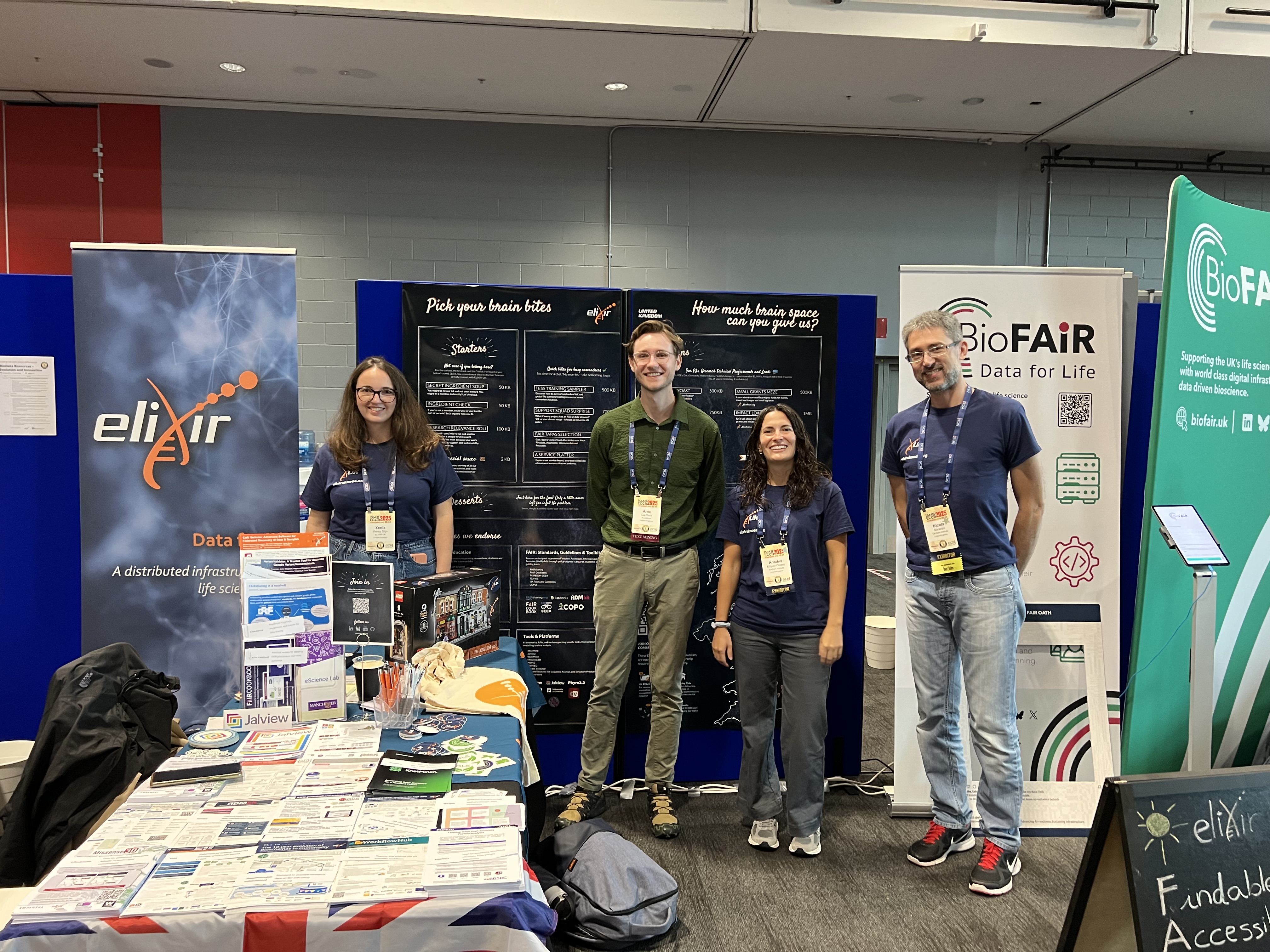FAIR resources to enhance global food security and human health
Pathogens, Hosts, and Their Interactions – Intelligent Search and Visualisation of Connected Data
Infectious microbes pose a significant threat to global food security, tree health, ecosystems, and the UK farming and food industry. Additionally, resistance to antimicrobial compounds is rising, and increased globalisation is exacerbating the spread of infections, impacting medical and veterinary providers. A resource that adheres to FAIR principles (Findable, Accessible, Interoperable, and Reusable) is crucial for bioscience researchers tackling these issues.
The Pathogen-Host Interactions (PHI-base) database provides curated information on genes that influence pathogen-host interactions. Complementing this is PHI-Canto, which records molecular interactions between pathogen-produced proteins and their host targets, including those affected by anti-infective chemistries. To enhance this data, PHIPO ontologies are being developed to provide a structured framework for describing pathogen-host interactions.
Despite the wealth of data, its tabular format makes it difficult to visualise and lacks deeper annotations that could reveal biological processes and interactions. The KnetMiner team is addressing this by integrating PHI-data, ontologies, biological pathways, and protein-protein interaction data from eight model organisms. This will enable multi-species, cross-kingdom network visualisation and analysis, helping researchers understand cascading processes triggered by pathogen effectors and their targets.
The KnetMiner team plans to release biannual updates of the integrated knowledge base in FAIR-compliant RDF and Neo4j graph formats. Fusarium graminearum and Zymoseptoria tritici KnetMiner datasets are already available, with more to come.
This project is in collaboration with Prof. Kim Hammond-Kosack, with contributions from Dr. Keywan Hassani-Pak, Joseph Hearnshaw, and Dr. Dan Smith.
You might also like
.png)
.jpg)

Graph Chat: A New Way to Explore and Understand Biological Knowledge Graphs with AI

The Future is Green: How AI in Biotech is Revolutionising Plant Genomics











